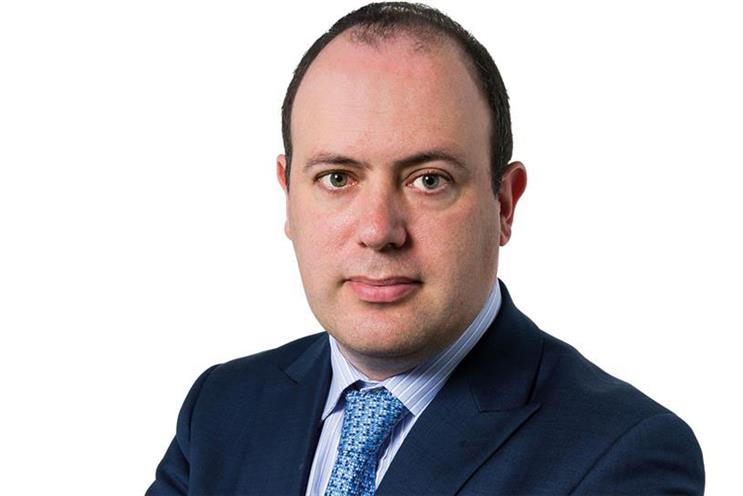It’s not an analogy that anyone likes but sometimes in business you must eat your own children. That looks like the best way to explain the demise of M2M, the media shop that Omnicom abruptly shut after 13 years.
Agencies often go through difficult patches and rebrandings but it is rare for a holding company to kill one.
M2M’s problem was it had lost close to £100m in billings. First, Lidl defected last year to Starcom. Then Paddy Power went to MediaCom. And, most recently, Estée Lauder, M2M’s founding client in 2003, switched to sister agency Manning Gottlieb OMD.
Omnicom offered no explanation for Estée Lauder’s move. However, it is clear that M2M was struggling to please the brand, which is unlikely to have played a passive role over the decision to change agency.
The impression is that this was the last straw for Omnicom chiefs, and this narrative suits them because they have just launched the UK arm of Hearts & Science. Now that the company has three media networks – OMD, PHD and Hearts & Science – there is an argument that a small sub-brand like M2M is superfluous. Senior Omnicom people certainly felt frustrated that M2M, which began in 2003 as a flag of convenience (a conflict shop), did not scale up in the way PHD has done globally.
Omnicom is now redistributing M2M’s 30 or so clients and most of its UK staff among its other agencies, while chief executive Alistair MacCallum has stepped down.
Yet it didn’t have to be this way. M2M had lost big accounts before. Three years ago, eOne’s Momentum Pictures, which was worth 20% of billings, departed. M2M bounced back and, within months, was shortlisted for Agency of the Year at the Media Week Awards in 2013 and then in 2014. MacCallum, who has been with M2M since 2005, kept fighting in recent months and M2M won extra work from Audible just weeks ago.
A kinder way to bring M2M’s life to a close might have been to merge it with Hearts & Science UK. But that probably wouldn’t suit the new shop, which claims to be revolutionising the media agency model, even if it does end up taking a lot of M2M staff and clients.
Those close to Omnicom insist its small agencies can still thrive if they keep their focus and clients. But the streamlining of its agencies must raise questions – for example, about its stake in Goodstuff Communications.
There is a paradox about all this: for an industry that thrives on start-ups, advertising is surprisingly sentimental about old brands. The death of an agency is sad, but it clears the way for new opportunities.



